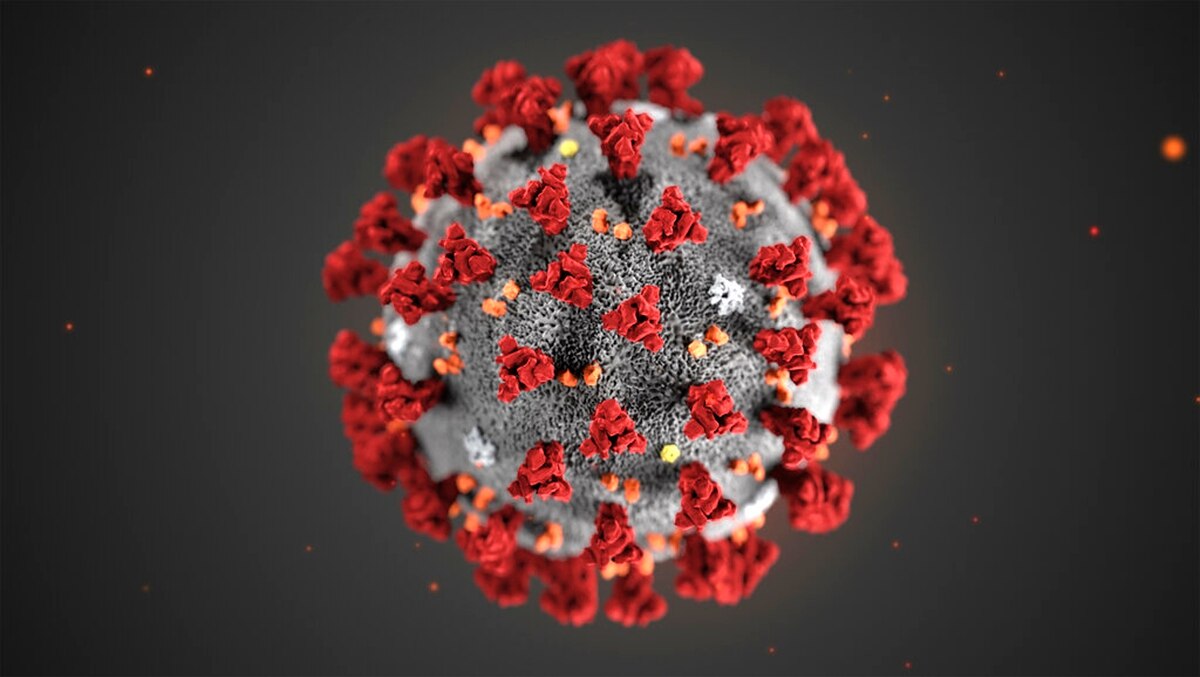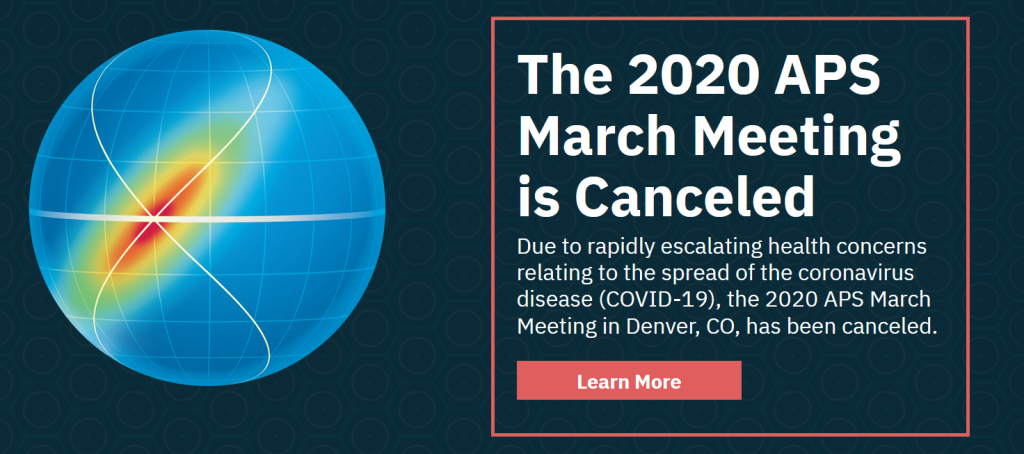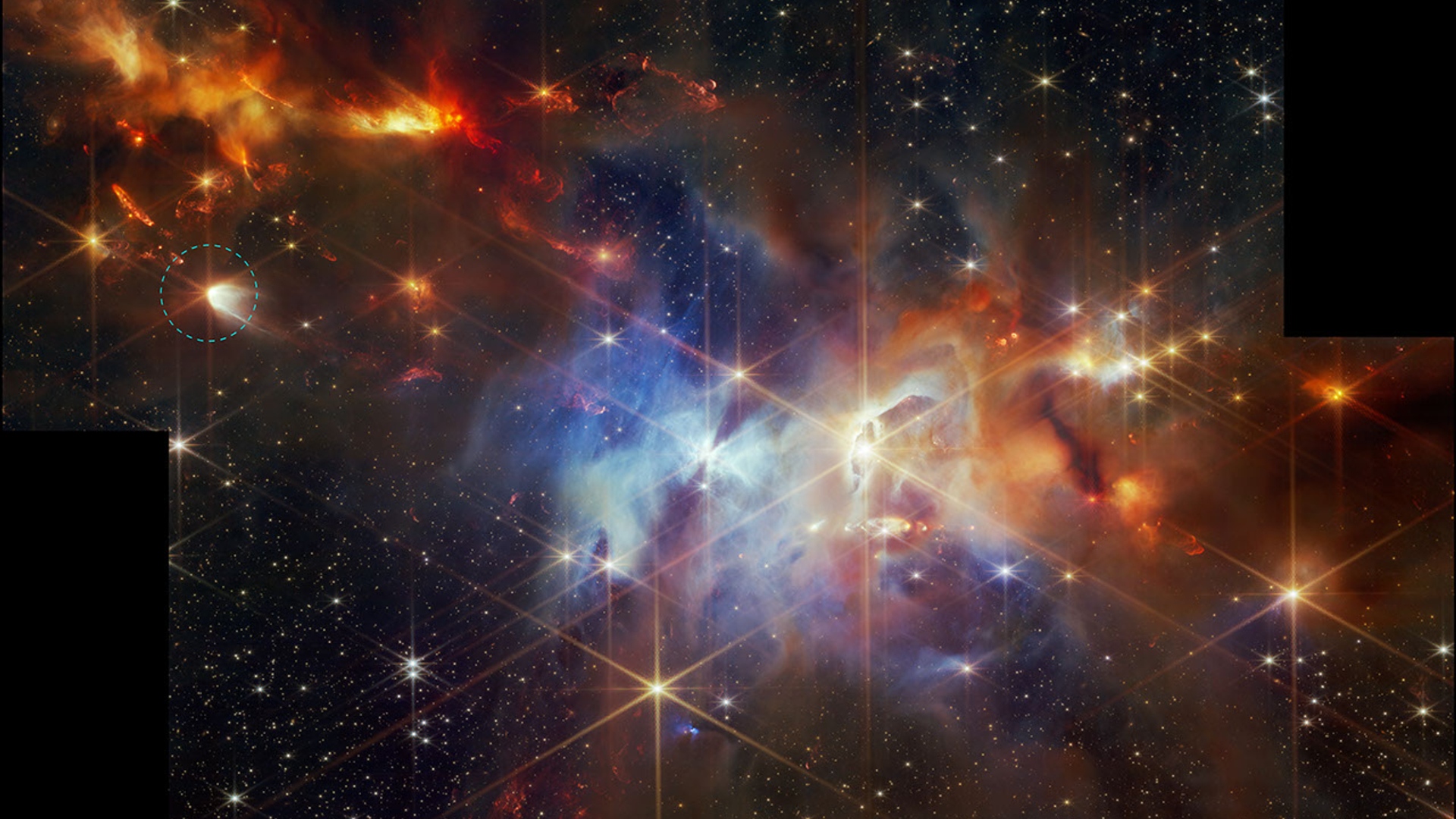Despite coronavirus worries, some space industry events to continue as planned

Concerns about the coronavirus outbreak have resulted in some cancellations and restrictions in the space industry, but many events will continue as planned.
More than 94,000 confirmed cases of COVID-19 have been reported worldwide; about 80,000 of those cases were in mainland China, according to data from Johns Hopkins University in Baltimore. The United States has had 128 known cases, including one death, reported in Washington state. The World Health Organization (WHO) has said the virus, known as SARS-CoV-2, poses a high risk of spread and impact. However, WHO has not classified the outbreak as a pandemic and has said that most of the reported cases have come from known contacts or clusters of cases.
In an interview with SpaceNews, NASA Administrator Jim Bridenstine said the agency is considering advice from government officials in making decisions about NASA field centers. He added that solutions could vary from center to center.
On Wednesday, organizers with the Lunar and Planetary Institute announced the cancellation of the annual Lunar and Planetary Science Conference in The Woodlands, Texas. It was slated to begin March 16.
Related: Huge physics conference canceled due to coronavirus fears
"We're taking it, at this point, day by day," Bridenstine told SpaceNews. "We have 10 centers across the nation, and every single one of them, as this continues to develop, is going to be affected differently."
The European Space Agency (ESA) is "currently assessing" whether it will proceed with upcoming meetings. So far, the agency has implemented some restrictions, according to a blog post from Director General Jan Wörner. For example, people who have been to regions with larger coronavirus outbreaks — such as China, Italy, Japan or South Korea — must have left those regions at least two weeks prior before they are allowed to enter an ESA facility.
Breaking space news, the latest updates on rocket launches, skywatching events and more!
"Due to the necessity for us to continue operating satellites, there are some limits to what we can do," Wörner wrote. "Each and every one of us, though, must act responsibly to help counteract the coronavirus."
The coronavirus outbreak has also led to some conference cancellations. For example, the American Physical Society (APS) canceled its annual conference just 36 hours before the event's scheduled start of March 2. The APS was expected to attract 10,000 attendees, many of whom were either already traveling to the conference or already in Denver when the cancellation was announced.
However, organizers of several other conferences are planning to go ahead with their plans, SpaceNews reported. The Satellite 2020 conference is still slated to begin as planned on March 9 in Washington, D.C.; the Space Foundation still plans to start the Space Symposium in Colorado Springs, Colorado, on March 30; and the Northeast Astronomy Forum, a huge annual gathering of astronomy enthusiasts in Suffern, New York, is on track for April 4 and 5.
Editor's note: This story was updated to reflect the cancellation of the Lunar and Planetary Science Conference in Texas due to coronavirus concerns.
- What can coronavirus teach us about bringing Mars samples back to Earth?
- Coronavirus isn't stopping China from launching rockets
- A US coronavirus outbreak is almost inevitable. Here's how you can prepare.
Follow Elizabeth Howell on Twitter @howellspace. Follow us on Twitter @Spacedotcom and on Facebook.
OFFER: Save at least 56% with our latest magazine deal!
All About Space magazine takes you on an awe-inspiring journey through our solar system and beyond, from the amazing technology and spacecraft that enables humanity to venture into orbit, to the complexities of space science.

Elizabeth Howell (she/her), Ph.D., was a staff writer in the spaceflight channel between 2022 and 2024 specializing in Canadian space news. She was contributing writer for Space.com for 10 years from 2012 to 2024. Elizabeth's reporting includes multiple exclusives with the White House, leading world coverage about a lost-and-found space tomato on the International Space Station, witnessing five human spaceflight launches on two continents, flying parabolic, working inside a spacesuit, and participating in a simulated Mars mission. Her latest book, "Why Am I Taller?" (ECW Press, 2022) is co-written with astronaut Dave Williams.


